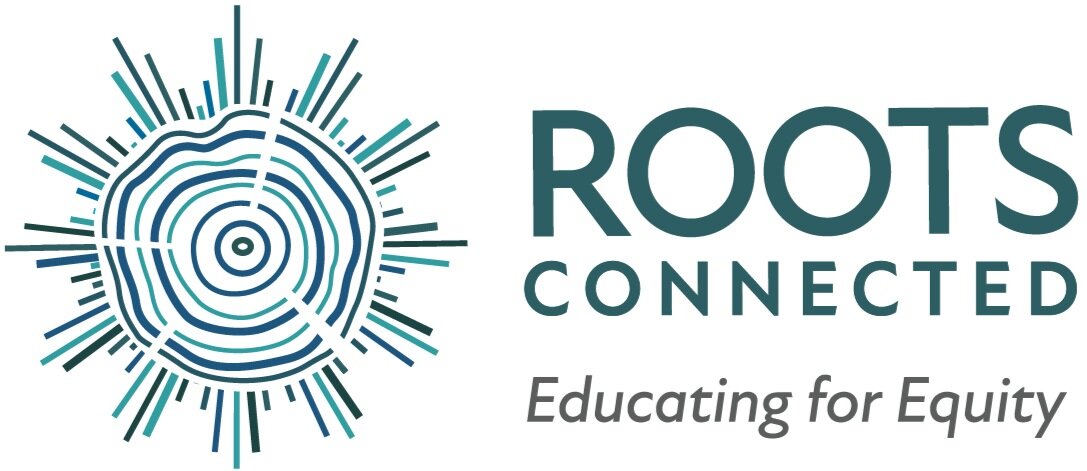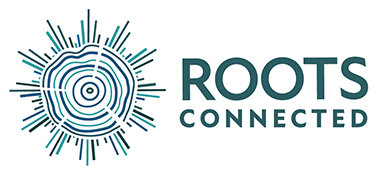Moving Beyond Monthly Celebrations to Deeper Representation
Celebrating cultural and identity-based months are a prominent feature of most school communities. Many designated months, such as Black History month, Women’s History month, Native American History month and Pride month, serve as important opportunities to lift up and honor historically marginalized communities by cultivating awareness, dialogue, pride and joy - all crucial elements in the ongoing struggle for equity and justice. Yet, isolating the recognition of certain groups of people to one month of the year underscores their marginalization in the very nature of the designation.
Months that focus on a sole identity can provide a starting point to highlight the histories, joy and resilience of marginalized communities that often have not been represented in traditional school curricula. They can offer mirrors that reflect students’ identities and experiences, and windows that provide a view into others’ worlds, as well as sliding doors that provide an invitation to become part of others’ worlds (Sims Bishop).
While what these designated months can provide is invaluable to school communities, it begs the question: does this approach fall short in sustaining representation in a deep way? A meaningful impact is possible through consistent efforts to integrate an anti-bias approach to ensuring that different identities and cultures are represented and woven throughout the school year.
To create opportunities for members of school communities to connect learning with their identities in meaningful ways, schools must be intentional about framing inclusivity and justice beyond the celebration of certain holidays and identity-based months. As Bisson and Derman-Sparks explain, “An anti-bias approach also needs a thoughtful holiday policy, which addresses the complexities holidays pose, and integrates the [...] core goals” of anti-bias education (Bisson and Derman-Sparks). This requires an examination of if and how the school reflects and represents different students’ identities and experiences.
At Roots ConnectED, we define representation as ensuring that multiple perspectives are considered, and that marginalized and oppressed voices are heard. It is the process of seeking out and empathizing with a diversity of perspectives and identities to deepen one's understanding of others, of history, and of current events. Increased representation pushes back against the danger of the single story, addresses confirmation bias and impacts students’ ability to empathize and see others beyond just one narrative.
The process of engaging staff in this work can be supported by Roots ConnectED’s anti-bias framework goals for representation. It could look like inviting staff to seek out and learn from multiple perspectives with different identities and learning styles. Staff can then integrate their own learning into their teaching practice by promoting students’ understanding of people from diverse backgrounds, multiple perspectives and variability of learning styles. This approach should center on cultivating students’ empathy for others in a meaningful way, rather than using a coverage model that simply reads books about people, or by authors, who identify with different groups. Ultimately the goal is for students to express comfort and joy with human diversity and understand the complexity of identity, which can be done by increasing representation in the curriculum throughout the school year.
Some guiding questions that can support schools in the process of increasing representation outside of specific identity-based months are:
Are there entry points in my curriculum that can center the stories of marginalized voices?
Are there stories of struggle, resistance, and stories of joy from multiple groups of people that can be shared in read-alouds or by making other curricular connections?
How can my library and/or book selection represent the identities of marginalized voices throughout the year and not only during one designated month?
How can my language and the images around my classroom represent the identities of marginalized voices year round and not only during one designated month?
What questions for reflection can I ask that allow for deeper critical thinking and learning?
If school communities find that they are open to being mindful and intentional about how they honor different identities, then they are ready to engage in a collaborative process of designing an anti-bias approach to representation. Identity-based months are one path to affirm the identities of members of school communities, but it is essential to embed the principles of anti-bias education into the fabric of the school year-round in order to truly ensure that all students feel valued and have a sense of belonging within school communities.
Finding an inclusive anti-bias approach for your school requires deliberate reflection and a commitment to equity in education. For assistance with this process, contact us or fill out our coaching intake form. Roots ConnectED offers educator support through coaching and educational institutes and workshops, in addition to the resources available on our website.




